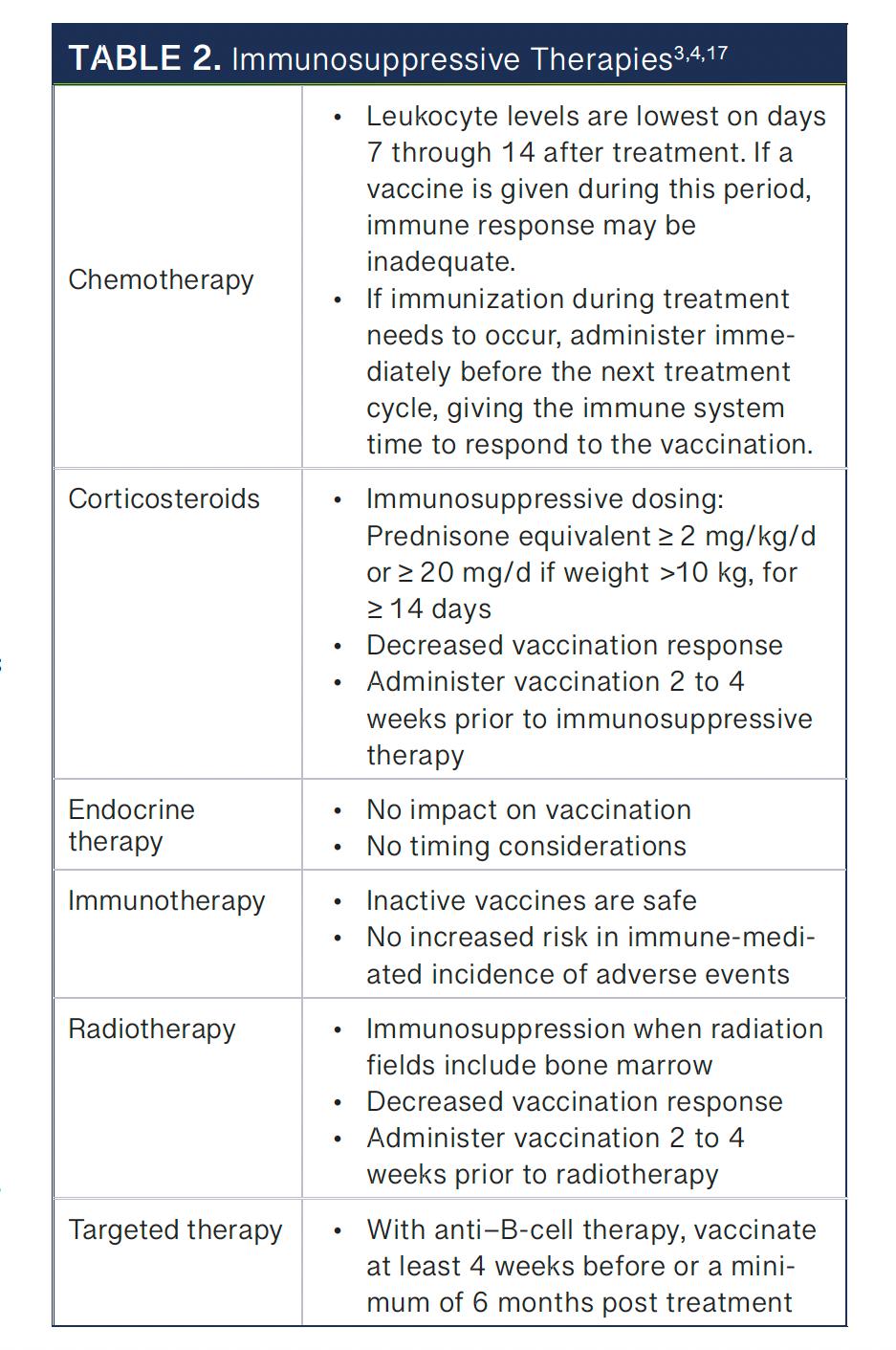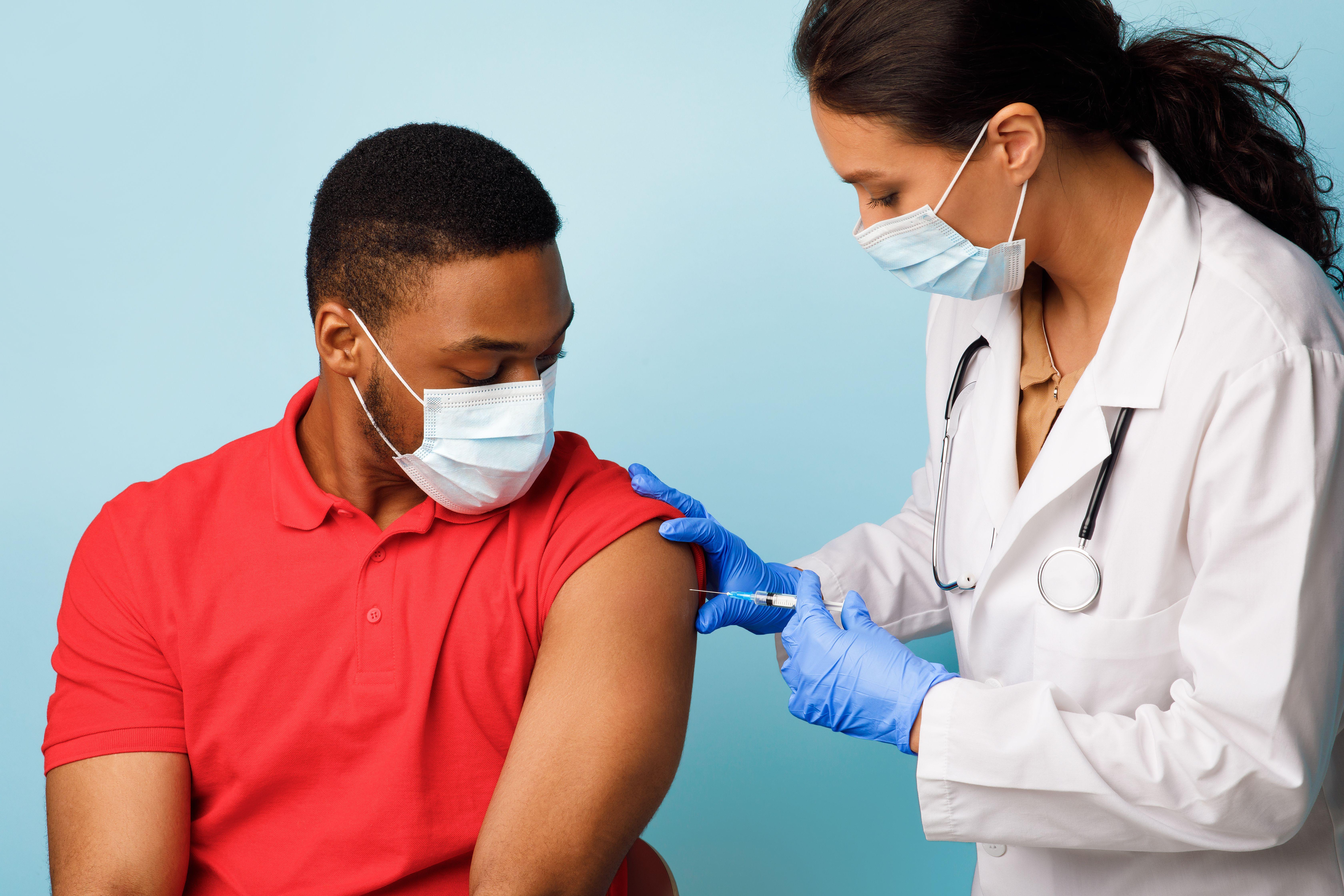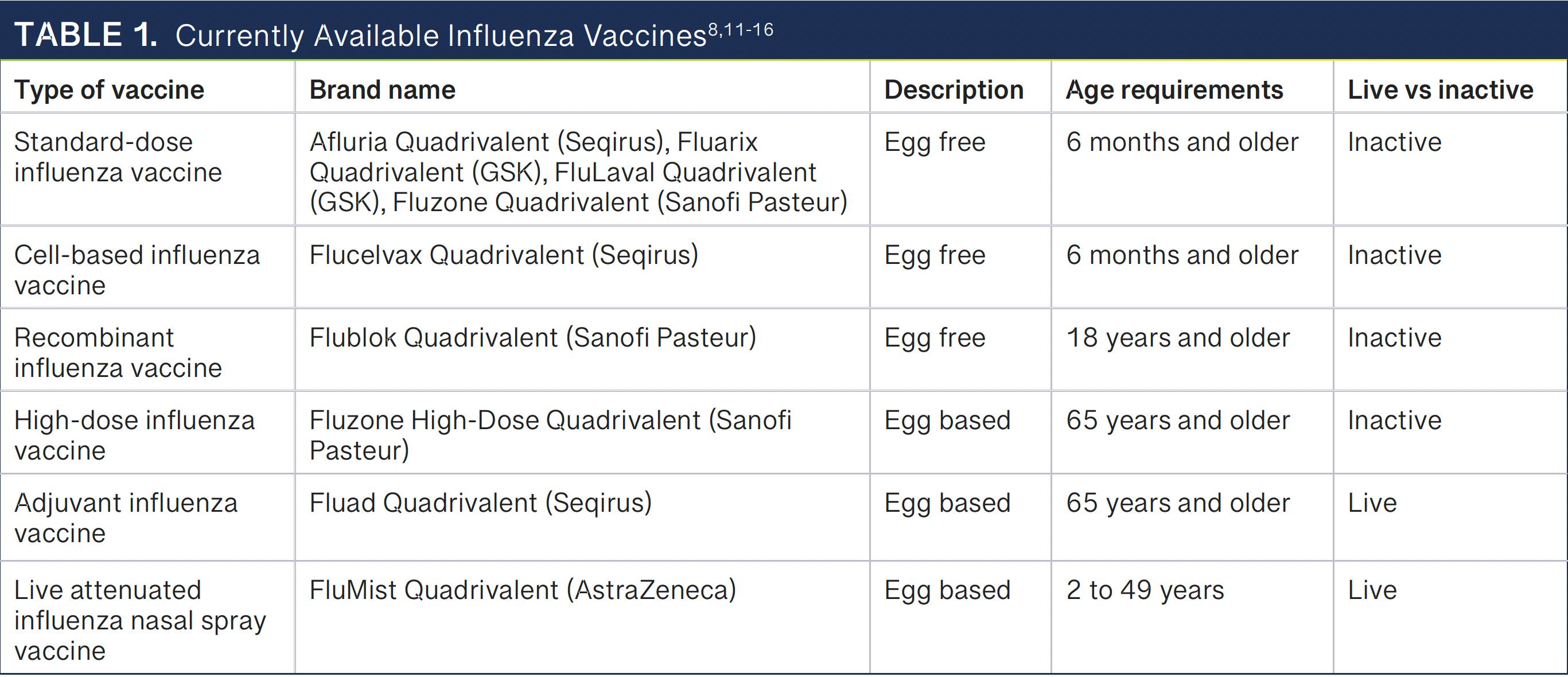Influenza, commonly known as the flu, is a respiratory infection that poses a significant threat to individuals with compromised immune systems, particularly cancer patients. While often perceived as a common cold, the flu can lead to severe complications, including hospitalization and even death, in this vulnerable population. This article emphasizes the importance of influenza vaccination for cancer patients, providing expert insights from pharmacists and physicians on vaccine types, optimal timing, and maximizing immune response.
alt text: A healthcare professional administers a flu vaccine to a patient wearing a mask.
Understanding the Increased Risk
Cancer and its associated treatments often weaken the immune system, making patients more susceptible to infections like influenza. Studies show a 3 to 5 times higher risk of hospitalization from flu for cancer patients compared to the general population. This increased risk underscores the crucial need for preventative measures, primarily through vaccination.
Vaccination Rates and Effectiveness
Despite the clear benefits, influenza vaccination rates among cancer patients remain suboptimal. Recent research indicates that a surprisingly low percentage of newly diagnosed cancer patients receive the recommended flu vaccine. Addressing this gap is a priority for healthcare professionals. Furthermore, concerns about blunted immune response to vaccination in patients undergoing cancer treatment have been raised. However, studies have demonstrated that while vaccine effectiveness may be slightly lower in this group, it still offers substantial protection against severe flu outcomes.
Vaccine Recommendations and Types
The Centers for Disease Control and Prevention (CDC) recommends annual influenza vaccination for everyone 6 months and older, especially those in close contact with cancer patients. Various influenza vaccines are available, including inactivated and recombinant vaccines. It is crucial for immunocompromised individuals, including cancer patients, to avoid live attenuated influenza vaccines (LAIV), such as the nasal spray vaccine, due to the risk of infection. Inactivated vaccines, containing inactive virus particles, are safe and recommended for this population.
Timing and Maximizing Immune Response
The optimal timing for influenza vaccination in cancer patients is 2 to 4 weeks before starting cancer treatment. This allows for a stronger immune response before the immune system is potentially weakened by therapy. However, inactivated vaccines can be safely administered during or after chemotherapy, immunotherapy, hormonal treatment, radiation, or surgery. The timing should be carefully considered based on the specific cancer treatment and the patient’s overall health. Consulting with a healthcare professional is essential to determine the most effective vaccination strategy.
The Role of Pharmacists and Physicians
Pharmacists play a vital role in ensuring cancer patients receive appropriate vaccinations. They can assess vaccination history, provide education on vaccine types and safety, and address any patient concerns. Physicians work in tandem with pharmacists to develop comprehensive treatment plans that include preventative measures like vaccination, considering the patient’s individual needs and treatment schedule.
 Cancer Treatment and Vaccination Table
Cancer Treatment and Vaccination Table
Protecting Caregivers
It’s also important for caregivers of cancer patients to receive the influenza vaccine. This helps protect both the caregiver and the patient, reducing the risk of transmitting the virus.
Conclusion
Influenza vaccination is a critical component of comprehensive care for cancer patients. While cancer and its treatments can present challenges, vaccination remains a safe and effective way to mitigate the risk of severe flu complications. By working closely with healthcare professionals, including pharmacists and physicians, patients can make informed decisions about vaccination and optimize their protection during this vulnerable time. For personalized guidance on influenza vaccination and cancer treatment, consult with your healthcare provider.
References
- Pedrazzoli P, et al. Vaccination for seasonal influenza in patients with cancer: recommendations of the Italian Society of Medical Oncology (AIOM). Ann Oncol. 2014;25(6):1243-1247.
- Rijk MH, et al. Prognostic factors and prediction models for hospitalisation and all-cause mortality in adults presenting to primary care with a lower respiratory tract infection: a systematic review. BMJ Open. 2024;14(3):e075475.
- Vaccinations and flu shots for people with cancer. American Cancer Society. Updated September 14, 2023.
- Einarsson J, Wilkinson AN. Vaccination considerations for patients receiving cancer therapy. Can Fam Physician. 2022;68(10):751-752.
- Survivorship care for healthy living. National Comprehensive Cancer Network. 2024.
- Sabatino DC, et al. Assessment of adherence to routine vaccination schedules in oncology patients. J Oncol Pharm Pract. Published online October 17, 2023.
- Blanchette PS, et al. Influenza vaccine effectiveness among patients with cancer: a population-based study using health administrative and laboratory testing data from Ontario, Canada. J Clin Oncol. 2019;37(30):2795-2804.
- Immunization schedules. CDC. Updated February 10, 2023.
- Kamboj M, et al. Vaccination of adults with cancer: ASCO guideline. J Clin Oncol. Published online March 18, 2024.
- Seasonal flu vaccines. CDC. Updated March 12, 2024.
- Grohskopf LA, et al. Prevention and control of seasonal influenza with vaccines: recommendations of the Advisory Committee on Immunization Practices — United States, 2023-24 Influenza Season. MMWR Morb Mortal Wkly Rep. 2023;72(RR-2):1-25.
- Adjuvanted flu vaccine. CDC. Updated August 25, 2022.
- Influenza vaccine options: 2023-2024 Season. National Foundation for Infectious Diseases. Updated September 2023.
- Influenza vaccination: a summary for clinicians. CDC. Updated March 21, 2024.
- Fluzone high-dose seasonal influenza vaccine. CDC. Updated May 30, 2023.
- Recombinant influenza (flu) vaccine. CDC. Updated August 25, 2023.
- Influenza vaccination. Oncology Nursing Society.
- Immunizations. Canadian Cancer Society.
- Flu season. CDC. Updated September 20, 2022.
- Flu vaccine and cancer treatment. Cancer Research UK. Updated July 6, 2023.

